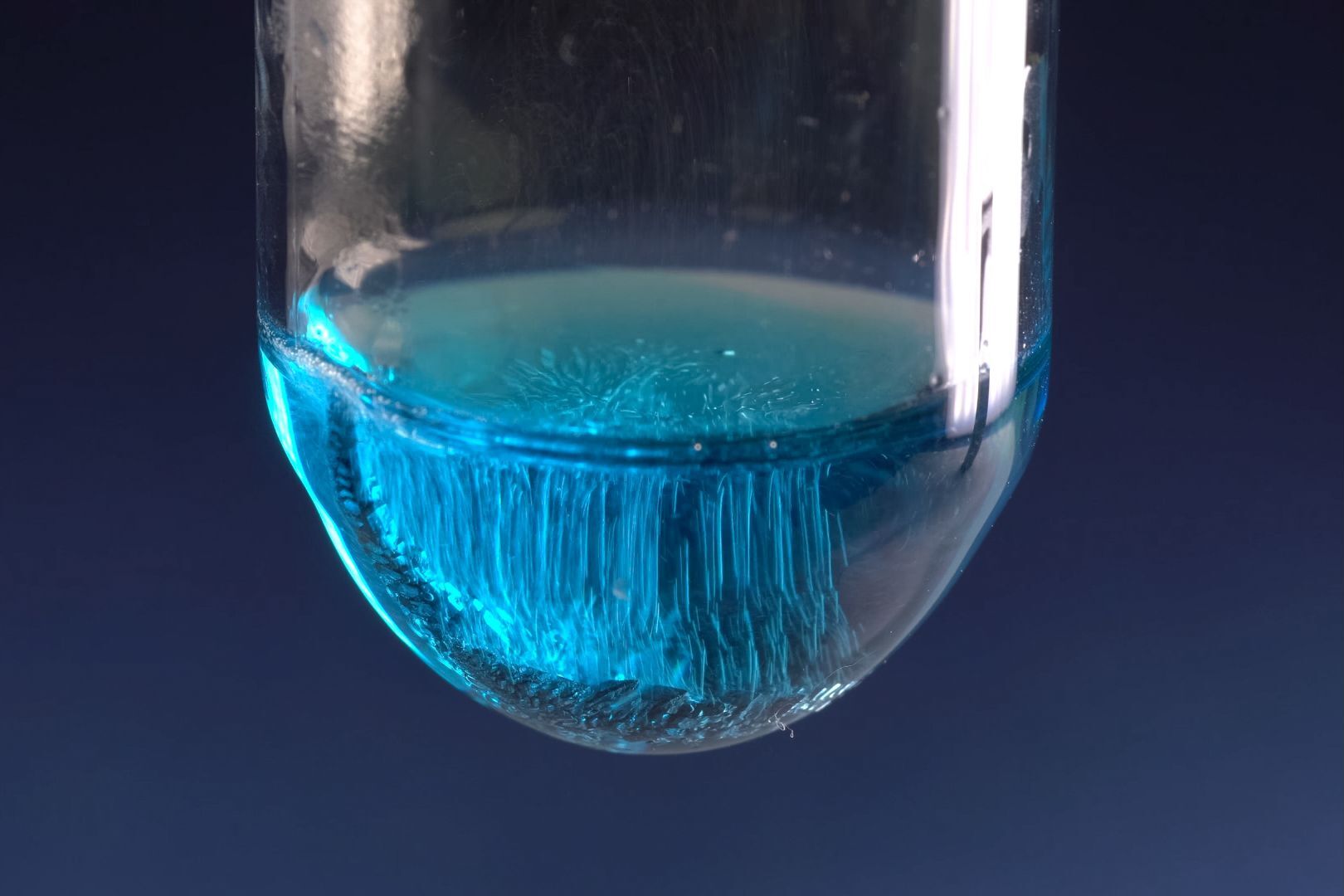

Do you have naturally thin hair, or perhaps as you’re getting older, you’ve noticed that your hair has lost some of its volume? What you may not realize is that the majority of shampoo brands contains damaging ingredients that could be creating more harm than help for your locks. Do you know which ingredients to watch out for on the back of your shampoo and conditioner bottles?
We break it down for you, so just keep reading on what to avoid and what to use instead...
Synthetic Chemicals That Are Damaging Your Hair
When you think of the word ‘Chemical,’ you don’t normally associate it with something as common as your hair products, but you will be surprised to learn just how normal these are added to your everyday products! Check out these synthetic chemicals in shampoo and conditioners that could actually lead to hair loss.
Hair care brands sell shelf-stable products that smell good and create an excellent lather – but those properties are often achieved through the use of synthetic chemicals that can lead to hair loss. (Not to mention what those chemicals can do to the environment once we wash them down the drain.) We buy these products in the hope of ending up with the glossy cascading hair seen in the advertisements when in actual fact, the products could be having the opposite effect.
If your hair seems thinner than before, it could be from a number of causes – but you might want to check the ingredient list on your hair products and look for these specific conspirators:
FOAMERS AND THICKENERS
Sodium laureth sulfate (SLS): This surfactant is used as an industrial detergent and in a more diluted form, helps shampoo have a big bubbly lather. But it's also a well-known irritant and can strip hair of essential oils, break down protein essential for hair health, and halt growth.
Sodium chloride: There may be table salt in your shampoo! Well at least we know it's not toxic, but when added as a thickener in products containing SLS, it can cause a dry, itchy scalp and help aid the loss of your hair over time.
Polyethylene glycol (PEG): Also known as polyethylene or polyoxyethylene, this shampoo thickener strips hair of moisture.
PRESERVATIVES
Quaternium-15, formaldehyde, parabens like methylparaben and propylparaben: These are often included to make a product last longer, but some of them are known for their effect on hormonal balance and may encourage hair loss.
IRRITANTS
Not that manufacturers are adding things intended to irritate, but nonetheless, there are synthetic ingredients that can cause scalp inflammation and allergic reactions, which can exacerbate hair loss and make thin hair dry, brittle and lifeless.
Diethanolamine (DEA) & triethanolamine (TEA) These can harm your hair’s natural keratin and for some people, can irritate the scalp.
Fragrances and artificial colors: We've been talking about the problems of synthetic fragrance and color for years.
Propylene glycol: Otherwise known as car antifreeze – used to keep hair products from freezing during shipping and storage. (Yes, this can be found in hair products!)
ALCOHOL
Most hair products have some type of alcohol. Fatty alcohols can actually help condition dry hair, and these kinds are called cetearyl alcohol, cetyl alcohol, and stearyl alcohol. Avoid other alcohols that are in high concentration (listed in the top four ingredients), as they can dehydrate your hair.
GREASERS
Lanolin, petroleum, and mineral oil: Yeah, no petroleum in my hair, thanks! But aside from just being unsavory, these ingredients can weigh down thin hair and prevent natural oils from being absorbed.
The End Result
Who knew it was all so complicated? Well actually, we did, which is why Wild Naturals produced a natural alternative to shampoo and conditioner to help nourish your hair and not have such damaging ingredients! Visit the Wild Naturals online store to learn more about our shampoo and conditioner options!


